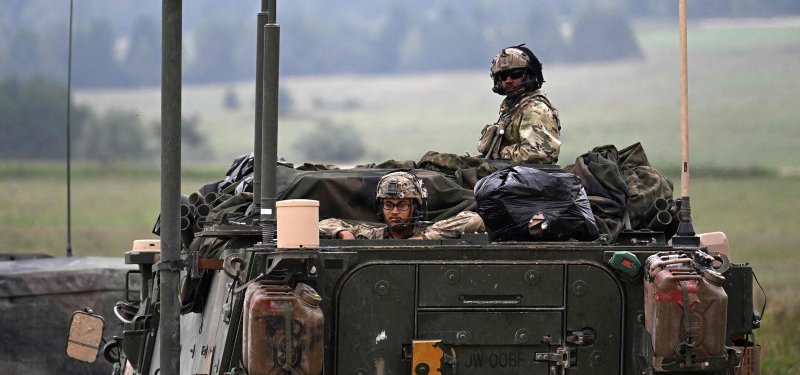
Rising ammunition prices set back NATO efforts to boost security - official
A senior NATO military official issued a warning on Saturday, highlighting that a significant increase in ammunition prices has implications for defense spending and does not necessarily equate to enhanced security for allies. The official called for a reevaluation of defense cooperation and a new approach to address the challenges arising from rising ammunition costs. This emphasizes the need for more efficient and effective defense strategies in the face of evolving security concerns.
- World
- Reuters
- Published Date: 09:00 | 16 September 2023
- Modified Date: 09:00 | 16 September 2023
A top NATO military official warned on Saturday that a drastic rise in ammunition prices means that allies' higher defence spending does not automatically translate into greater security and called for a new approach to defence cooperation.
"Prices for equipment and ammunition are shooting up. Right now, we are paying more and more for exactly the same," Dutch Admiral Rob Bauer, the chair of NATO's military committee, said on Saturday after a meeting of the alliance's chiefs of defence in Oslo.
"That means that we cannot make sure that the increased defence spending actually leads to more security."
He pushed for a new approach to public-private cooperation in the defence sector to ramp up production capacity.
"Long term stability needs to prevail over short term profits. As we have seen in Ukraine, war is a whole of society event. Therefore, the prevention of war through resilience and deterrence should also be a whole of society event."
NATO has been pressing for a boost in defence production to satisfy a demand for weapons and equipment that has soared since Russia's invasion of Ukraine, as allies not only rush supplies to Kyiv but also build up their own inventories.
One major concern has been a shortage of 155mm artillery rounds, with Kyiv firing up to 10,000 of these shells per day.
In February, NATO Secretary-General Jens Stoltenberg warned Kyiv was burning through shells much faster than the West could produce them.
NATO has since increased the targets for national munitions stockpiles that allies are required to keep.
But even before Russia's invasion of Ukraine on Feb. 24 last year, many NATO countries fell short of meeting the alliance's stockpiling targets.
Since then, the pace of deliveries to Ukraine has drained Western inventories and exposed holes in the efficiency, speed and manpower of supply chains.

